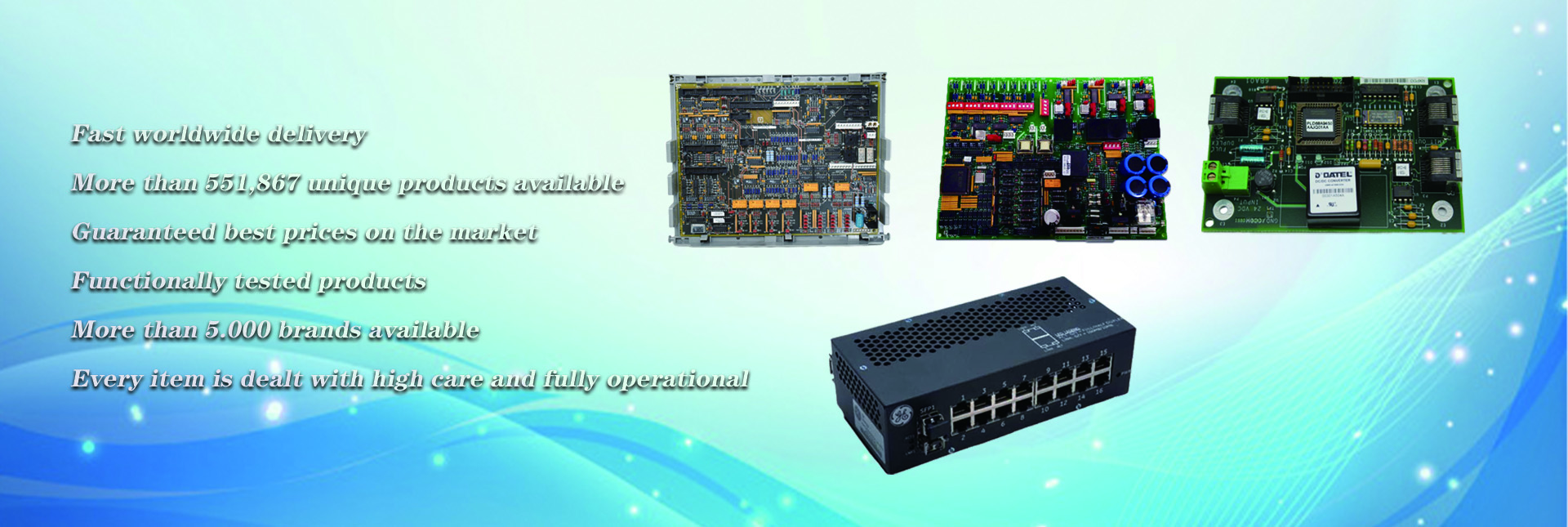Hydrogen Permeation
Hydrogen energy is a clean alternative to fossil fuels and has great potential in continuously promoting the global low-carbon economy. However, the chemical and physical properties of hydrogen determine that there will be special challenges in its processing, which is also true for measuring instruments used in the field of hydrogen energy. VEGA measuring instruments can meet the high requirements of the industry for safety and long-term stability.
Special Challenge
Hydrogen is the lightest element and is in a gaseous state under normal conditions. It only turns into a liquid state at -253 ° C. In addition, hydrogen also has very strong permeability. These characteristics pose special requirements for the materials of measuring instruments.
Hydrogen permeation: When hydrogen penetrates into metal or resistive structures, it can cause material damage over time, leading to irreversible changes in measurement performance.
Hydrogen embrittlement: Hydrogen atoms may also penetrate into the internal structure of the material, causing severe degradation of its mechanical properties.
Despite these challenges, VEGA measuring instruments can still provide accurate and reliable measurement results. Materials that are not afraid of harsh working conditions, process connections that prevent hydrogen leakage, dry ceramic measuring elements, and measurement instruments that are gold-plated and gold-plated/rhodium plated can ensure long-term stable measurement.
Solution
Effectively preventing hydrogen permeation by plating pure gold or rhodium on the membrane
Gold: Gold plating is mainly suitable for pure gaseous hydrogen, which is dry hydrogen. A gold plating layer with a thickness of approximately 25 µ m can significantly slow down the hydrogen permeation rate.
Gold/Rhodium: Hydrogen dissolved in water-based solvents places higher demands on the material’s hydrogen permeation resistance. By depositing a thin layer of rhodium on the gold-plated metal film, not only can the softer gold-plated layer be protected, but it can also act as a catalyst, greatly reducing the hydrogen permeation ability.
Measurement techniques suitable for high demand production processes
The process related to hydrogen has very high requirements for reliability and accuracy.
safety first
Hydrogen is volatile and can easily explode when mixed with oxygen, so safety is of utmost importance. VEGA instruments use adaptive materials, correct process connections, and corresponding coatings to ensure the safety of each processing step in every application field.
Solid barrier protection
In hydrogen energy applications, taking preventive measures in advance means being prepared for hydrogen permeation. Corrosion resistant materials such as 316L or Elgiloy alloy can ensure the long-term operation of the instrument. In addition, VEGA instruments can also meet extremely challenging applications by electroplating with pure gold or rhodium.
Fully prepared
Safety is the top priority. The measuring instruments provided by VEGA for hydrogen energy applications have various current global explosion-proof certifications. At the same time, they can also meet the high requirements of functional safety (SIL).
Sealed tightly with seamless seams
VEGA can provide suitable measuring instruments for each application and use impermeable process connections to ensure no leakage during operation.
For this reason, VEGA uses various high-voltage connectors from well-known manufacturers such as Swagelok.
Hydrogen related applications
Whether the medium is corrosive, the liquid surface is covered with oxygen or hydrogen, or the dielectric constant is low, VEGA can achieve accurate measurement, providing reliable level and pressure measurement solutions for the entire hydrogen industry chain.
In addition to the applications mentioned in the previous article “VEGA Instruments Ensure Accurate Measurement of All Links in the Hydrogen Energy Industry”, such as alkaline electrolysis tanks, PEM electrolysis tanks, liquid hydrogen storage tanks, and hydrogen pipelines, measuring instruments will also be used in the following applications.
Hydrogen storage tank
Hydrogen storage tanks can store different capacities of hydrogen according to their size, and can be used for hydrogen refueling stations or hydrogen transportation. To store as much hydrogen as possible, the storage tank will be pressurized to a maximum of 1000 bar. But at room temperature, hydrogen remains in a gaseous state. By using the VEGABAR 83 pressure transmitter, pressure can be measured and controlled accordingly, and reliable measurement can be achieved through dry resistance strain gauges.
compressor
Compressors are a very important link in the hydrogen value chain. Hydrogen is very light, and its energy density can be increased by compressing hydrogen molecules. Therefore, hydrogen is generally stored at high pressures of several hundred bars, typically 350 bar (35 MPa) and 700 bar (70 MPa). Hydrogen compressors play a crucial role in hydrogen refueling and other applications at hydrogen refueling stations. To ensure safe and efficient equipment operation, it is necessary to monitor the pressure at each measuring point of the hydrogen compressor.
Here, the pressure transmitter VEGABAR 83 can also be used to measure the pressure at each measuring point of the compressor; Measure the pipeline pressure of the compressor using VEGABAR 29, and safely measure hydrogen gas with a pressure of up to 1000 bar.
Liquid hydrogen transport vessel
Hydrogen contains enormous energy, and its long-distance transportation can be completed by ships. In order to minimize hydrogen loss as much as possible, it must be cooled to -253 ° C at a pressure of 1 bar in order to store it in liquid form. The liquid level of liquid hydrogen can be measured using a thin pressure gauge combined with traditional differential pressure instruments, or using a jet radar without the need for a connecting pipe, reducing the risk of external heat leakage. It is recommended to use the VEGADIF 85 differential pressure transmitter for measurement, even if the static pressure is very small, accurate measurement values can be obtained.
Post time: Jun-29-2024


